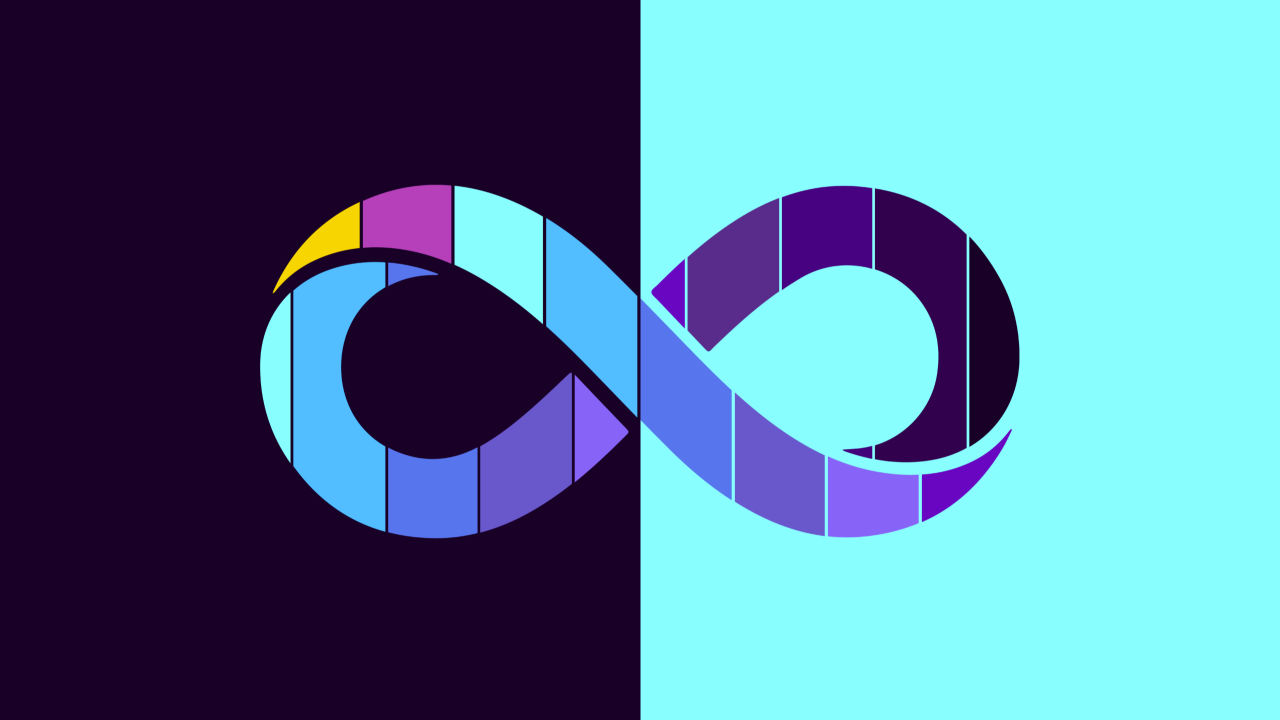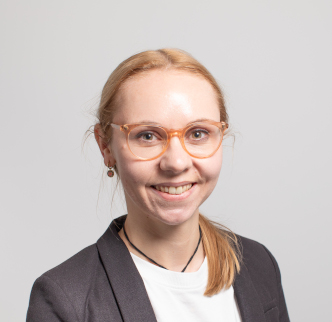
I originally wrote this for Scott Logic’s internal newsletter, but I felt that the message was important to share with a wider audience, who may also find my experiences relatable.
As you may or may not know, 16 June 2025 was World Neurodiversity Pride Day – a day to celebrate the diverse ways our brains work.
Last year, I received a combined autism and ADHD (AuDHD) diagnosis. It was a pivotal moment that helped me reframe my life, and I decided early on to be open about my diagnosis, both to advocate for myself and to let others know they’re not alone.
The Highs and Lows of Self-Discovery
For my whole life, I felt out of place in a world that I didn’t seem to fit into. Simple situations felt overwhelming, social interactions were exhausting, and I constantly questioned why I struggled when others seemed to glide through life.
It wasn’t until last year that I received my autism and ADHD diagnoses – along with answers that totally changed my understanding of myself.
At first, the revelation was bittersweet. I was relieved, as all the questions I had about myself finally made sense. Yet I felt grief too – how much easier might life have been with earlier support? I don’t mind admitting, I had a good cry.
But as I processed my diagnosis, I began to see my neurodivergence as something that wasn’t a problem, but as a separate set of strengths.
The Road to Self-Acceptance
Acceptance didn’t happen overnight. Society often still has some strange ideas about autism and ADHD, and I had to unlearn my long-held belief that I was “broken”.
I began to reframe everything:
-
My challenges weren’t personal failures – they were mismatches between my brain and an inflexible environment.
-
My differences came with strengths, like deep focus, creativity, the ability to see beyond expectations, and unique problem-solving.
-
Masking (trying to appear neurotypical) was exhausting. So, I made a conscious decision that going forward, I would allow myself to embrace my passions, and behave and communicate in ways that felt natural.
Realising My Strengths
Once I stopped fighting my brain, I saw how my neurodivergence could be an asset.
-
Hyperfocus lets me dive deeply into subjects I love, allowing me to thoroughly understand the concepts and come up with new ideas.
-
Pattern recognition helps me spot connections others miss – as a tester, this is a real asset.
-
Seeing things differently means that I question why things are the way they are, and challenge them constructively if they don’t make sense – another great asset for a tester.
-
My own experiences, feeling like the odd person out, gave me empathy for others who feel misunderstood, fuelling my desire to advocate and amplify under-represented voices.
Using My Voice for Others
My diagnosis didn’t just help me – it inspired me to support others like me. I decided from the start that I was going to be completely, defiantly open about my diagnosis and…
-
Speak openly about my experiences to challenge stereotypes.
-
Educate others on neurodiversity, whether explaining sensory needs or advocating for workplace accommodations.
-
Be a supportive friend for other late-diagnosed adults who’ve spent years feeling isolated, and help others navigate the process to assessment and diagnosis.
A Lifelong Journey
I still have days when I feel like an alien! But now I understand why, I treat myself with compassion instead of frustration. My autism and ADHD aren’t problems that need to be fixed – they’re part of what makes me who I am.
In accepting them, I’ve found purpose, a new sense of confidence, and a deeper connection to others on similar paths.
To anyone discovering their neurodivergence later in life – you aren’t broken – your brain is just different, and different can be powerful.
Read more about Neurodiversity Pride Day here:


